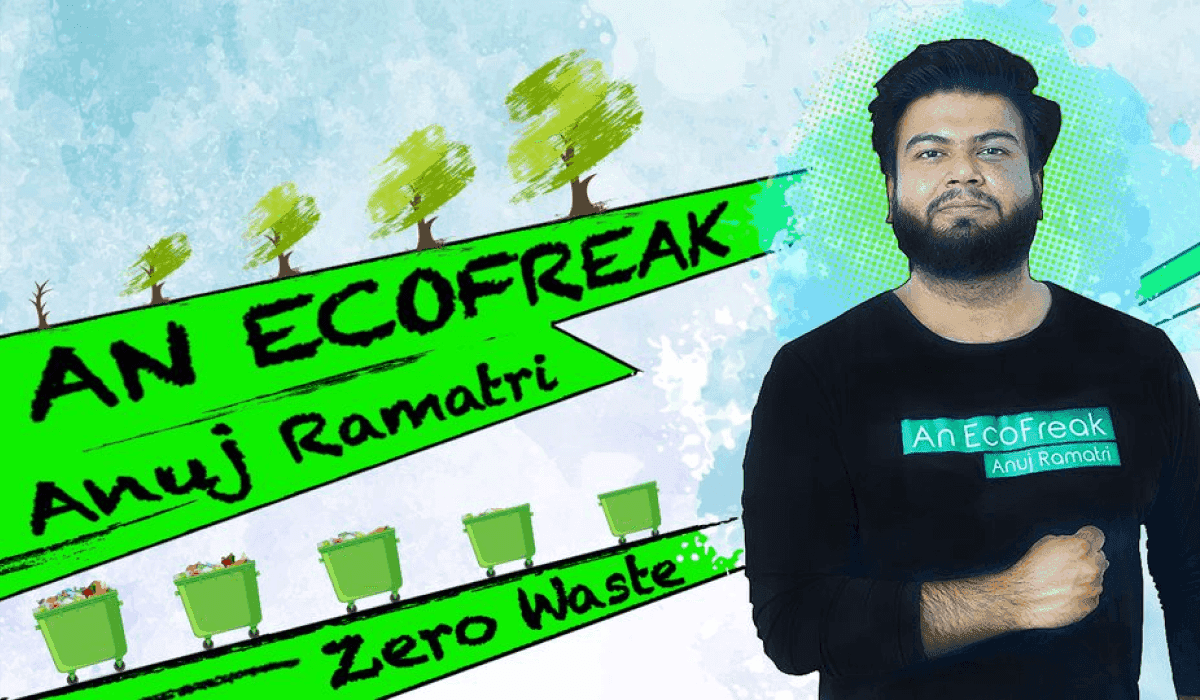12 hours ago

Tweet

Share

Share
Natural resources depletion and how we can prevent it.
The Earth is a beautiful planet, but its beauty has been marred by the depletion of natural resources. Deforestation and pollution have destroyed forests and polluted water sources, which causes billions of dollars worth of damage to our planet every year. Fortunately, there are things we can do to help prevent depletion from happening in the first place!
What are depleted resources?
Depleted resources are natural resources that have been used up. Some examples of depleted resources include oil, coal, and natural gas. Other examples include water and minerals.
Causes of natural resources depletion
There are many causes of natural resource depletion. Overpopulation and overconsumption are two of the biggest ones, but there is also a lack of recycling and pollution. Global warming, resource wars, and even resource wars all contribute to the problem as well.
Types of natural resources that are depleting
There are many natural resources that are being depleted. These include:
- Water
- Land
- Air and Atmosphere (in the form of greenhouse gases)
- Minerals (including precious metals ContentLike gold, copper, and silver)
- Energy sources such as coal, oil, and gas.


How can we prevent it?
- Reduce, reuse and recycle.
- Use eco-friendly products.
- Avoid using non-recyclable products.
- Use reusable water bottles instead of disposable ones that end up in landfills after only a few uses (or worse, in oceans). You can also use your own coffee mug for coffee or tea if it's not too big for you to carry around when you're out and about! If possible try to purchase items that have been made from recycled materials so they don't have to be thrown away when their time comes; this will help reduce waste going into landfill sites where many materials are disposed of improperly or not at all!
Benefits from preventing depletion of natural resources.
You may have heard about the benefits of preventing depletion of natural resources. The reason for this is that when we do not use up our natural resources, they will be there for future generations to use. This is because we are living in a world where everyone wants more and more things, but sometimes it can be hard to keep up with that demand. So if we all work together and try not to waste any more natural resources than necessary, then maybe one day our children won't have such high expectations for themselves or their families! When you consider how many people there are on Earth at this time (7 billion) and how much landmass there is available (a little over 1%), then you'll realize how important it would be if everyone worked together towards conservation instead of just letting nature run wild without any regard whatsoever toward what happens next season after next season."
Help the planet, recycle and limit your waste.
- Recycle.
- Reuse and reduce.
- Use less resources to make produfewer like your phone or laptop, which are made from materials that take a long time to produce and can be recycled when you're done with them (or if they break).
- Don't buy things you don't need; this includes disposable items such as plastic bags, paper towels and napkins—the same goes for fast food packagings like Styrofoam trays or soda cans; these are designed only to be thrown away after use! Not only do they take up space in landfills but also contribute to greenhouse gases by trapping heat within their bodies once discarded into our environment's atmosphere which contributes greatly towards climate change."
Conclusion
There are many ways to help the planet, but one of the most important is recycling. This can be done at home or in your workplace by taking part in a full program that includes recycling bins and programs for regular waste removal from homes, offices and businesses. You can also take actions yourself such as reducing water usage by turning off taps when not in use; installing solar panels; using less energy; reducing carbon dioxide emissions through green technologies such as insulation materials like foam or cellulose which are made from recycled materials; finding alternatives to fossil fuels like wind turbines which generate power without producing harmful pollutants























